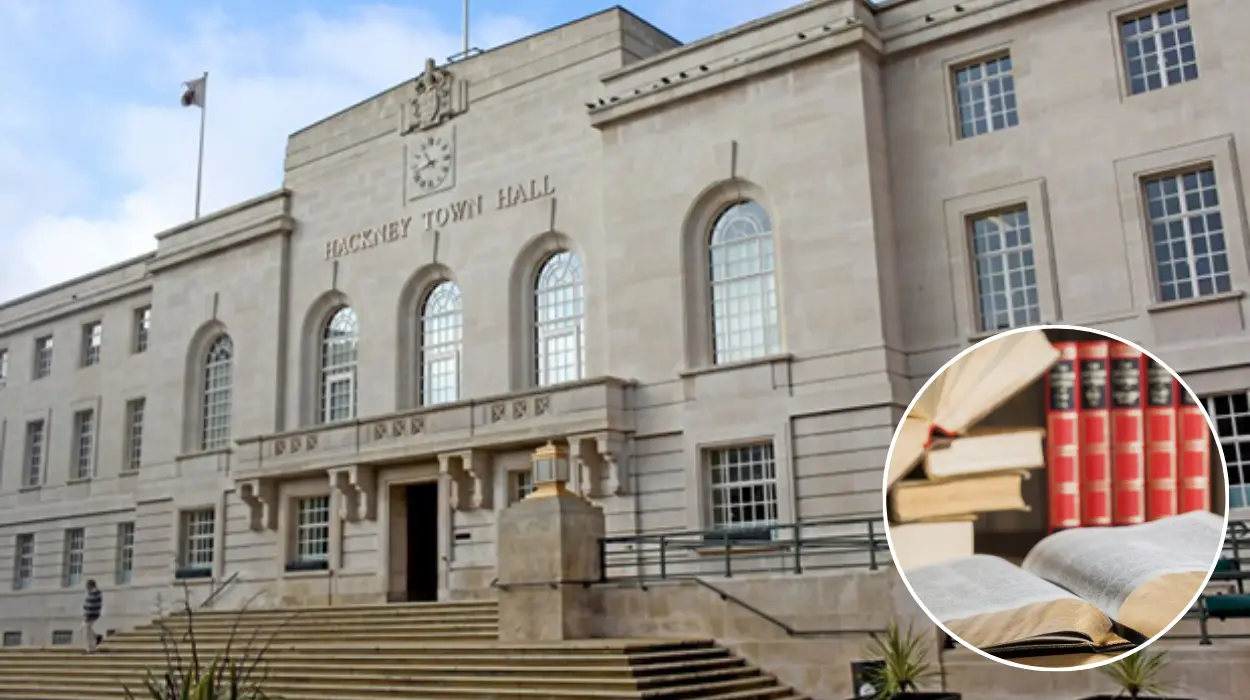Key Points:
- Local authorities still retain significant powers over academies, but cannot intervene directly in underperforming ones.
- Councils manage SEND responsibilities and safeguarding for students, including those in academies.
- Academies are run by independent trusts, often Multi-Academy Trusts (MATs), and are not directly accountable to local authorities.
- Upcoming government reforms could shift the landscape for academies, including changes to how new schools are established and how Ofsted inspects academy management.
- Hackney is home to 12 academies, constituting the majority of the borough’s secondary schools.
The education system in England has seen significant shifts over the past two decades, particularly with the rise of academies. These schools, operated by independent trusts under contracts with the Department for Education (DfE), have increasingly moved away from local authority control. However, despite reduced powers, councils like Hackney Council still retain key statutory responsibilities.
- Key Points:
- What responsibilities do councils maintain for academies?
- Can councils intervene in underperforming academies?
- What about SEND provision and safeguarding in academies?
- What are the implications of upcoming government reforms for councils and academies?
- How does Ofsted’s role affect academies?
- How are academies represented in Hackney?
What responsibilities do councils maintain for academies?
Local authorities have the legal responsibility to ensure sufficient school places, set admission policies, and oversee the distribution of government funds within their jurisdictions. Councils are also required to manage children with Special Educational Needs and Disabilities (SEND) and are responsible for safeguarding children, including those at academies. These duties still extend to academies, despite their independence from local authorities.
Can councils intervene in underperforming academies?
Unlike local authority-maintained schools, councils do not have the legal power to intervene directly when an academy is underperforming. Instead, councils are required to report concerns to the DfE’s regional representatives. Academies are not subject to the same level of local oversight as maintained schools, and the governance of Multi-Academy Trusts (MATs) often limits local authority influence.
What about SEND provision and safeguarding in academies?
Councils are required to work with schools, including academies, to identify and support students with SEND, providing Education, Health, and Care Plans where necessary. However, if a council is dissatisfied with SEND provision at an academy, they cannot intervene directly and must raise the issue with the DfE. Similarly, while councils hold an overarching responsibility for safeguarding all children, any concerns related to academies must be addressed to the DfE.
What are the implications of upcoming government reforms for councils and academies?
The current government is pushing for further reforms to the academies system. These changes could alter how councils interact with academies, particularly in terms of the establishment of new schools and the management of underperforming institutions. One proposed change is the introduction of a “compliance direction,” which would allow the DfE to intervene more directly if an academy trust breaches its obligations. The proposed reforms would also mandate that all teachers in academies possess or are working towards qualified teacher status and ensure all academies teach in line with the national curriculum.
How does Ofsted’s role affect academies?
Ofsted plays a key role in monitoring the quality of education at academies. However, it currently does not evaluate the management structures of MATs. The upcoming reforms will extend Ofsted’s inspection regime to MATs, giving the DfE a broader scope for scrutiny over academy governance and management.
How are academies represented in Hackney?
As of the 2023/24 school year, Hackney has 12 academies, which make up the majority of its secondary schools. These include well-known institutions such as The City Academy, The Bridge Academy, and Mossbourne Community Academy, to name a few. These schools are part of the larger trend of academisation in the borough and across England, where more state-funded secondary schools are transitioning to academy status.
The current legal framework surrounding academies is complex, and ongoing government reforms are expected to further reshape the landscape for local authorities, schools, and the wider education system. As the relationship between local authorities and academies continues to evolve, councils will remain involved in ensuring that schools, including academies, are providing a high standard of education and care to students.



